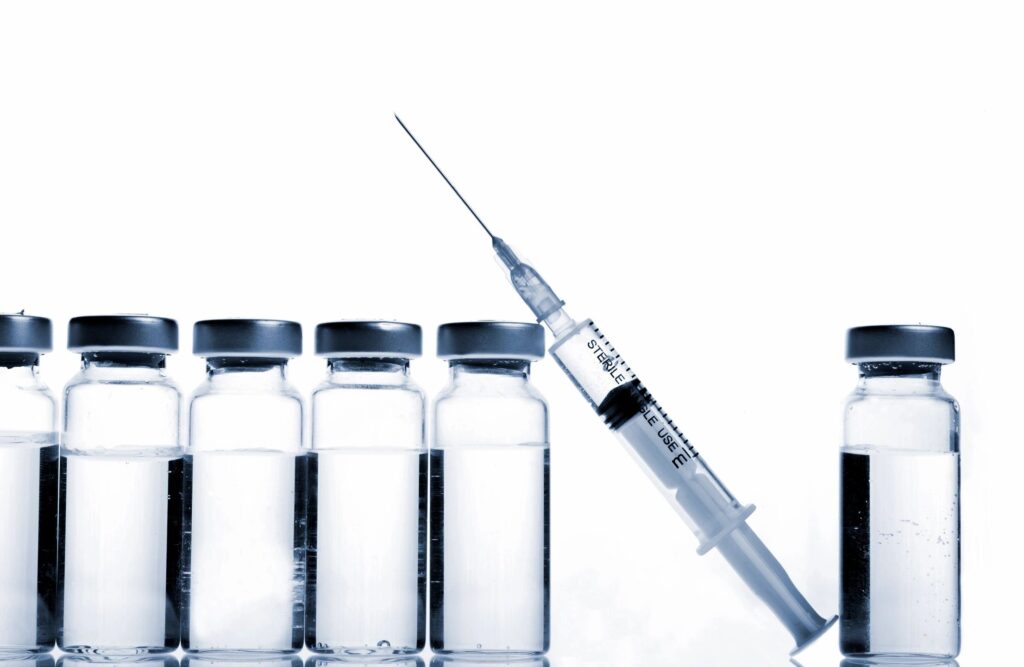Antibody-drug conjugates in lung and breast cancer: Current evidence and future directions – a position statement from the ETOP IBCSG Partners Foundation
Antibody-drug conjugates (ADCs) represent a rapidly growing class of targeted cancer therapies that combine the specificity of monoclonal antibodies with the potency of cytotoxic drugs. These innovative treatments are designed to selectively deliver cytotoxic agents to cancer cells, thereby reducing the impact on healthy cells and potentially improving the therapeutic index. Here’s a brief overview of the ADCs you mentioned in the context of lung cancer treatment: 1. **Trastuzumab Deruxtecan (T-DXd):** This ADC is approved for HER2-mutated, unresectable or metastatic non-small cell lung cancer (NSCLC). T-DXd consists of a HER2-targeted monoclonal antibody linked to a topoisomerase inhibitor payload. The approval is based on clinical trials showing significant benefits for patients with HER2-mutated NSCLC. 2. **Patritumab Deruxtecan:** This investigational ADC targets HER3, a receptor that is often overexpressed in various cancer types, including NSCLC. By delivering a cytotoxic payload directly to the cancer cells expressing HER3, this ADC aims to provide a new treatment option for patients with tumors that are not responsive to existing therapies. 3. **Datopotamab Deruxtecan:** This ADC targets trophoblast cell-surface antigen 2 (TROP2), which is highly expressed in several epithelial cancers, including NSCLC. The cytotoxic payload is delivered to TROP2-expressing cells, which can lead to cell death. 4. **Sacituzumab Govitecan (SG):** Also targeting TROP2, SG is an ADC that has shown promise in treating triple-negative breast cancer and is being evaluated for lung cancer. It combines an anti-TROP2 antibody with a metabolite of the chemotherapy drug irinotecan. 5. **Telisotuzumab Vedotin:** This ADC targets the mesenchymal-epithelial transition factor (MET), which can be overexpressed or mutated in various cancers, including NSCLC. The conjugated cytotoxic agent is designed to be released inside MET-expressing cancer cells, leading to cell death. Developing these ADCs is part of a broader effort to improve outcomes for patients with lung cancer by providing targeted therapies that can overcome resistance to other treatments, such as chemotherapy and targeted small-molecule inhibitors. The clinical trials for these ADCs are crucial for determining their efficacy and safety profiles, which, if positive, could lead to their approval and availability for patients with lung cancer. These ADCs are at various stages of clinical development, and their approval status may have changed since then. It’s important to consult the latest medical literature and regulatory agency announcements for the most current information. https://www.annalsofoncology.org/current.rss



